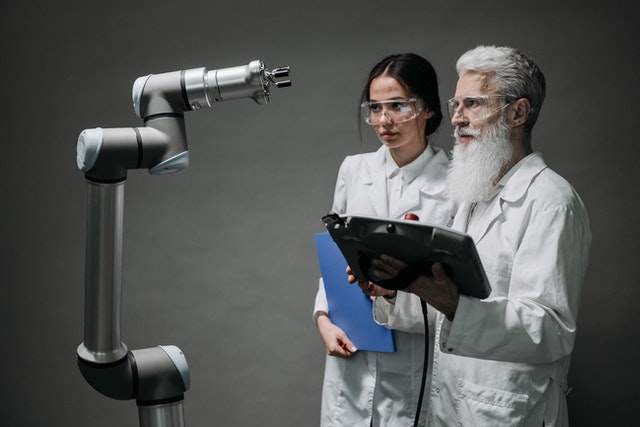It is possible to include mathematical suggestions and proofs of mathematical theorems into the vast list of things artificial intelligence is able of Mathematicians as well as AI experts have come together to demonstrate how machine-learning opens up new possibilities to investigate within the field.
Mathematics professors have been using computers to find patterns for a long time but the growing capabilities of machine learning mean that these networks are able to process huge amounts of data and find patterns that weren't seen before.
In a study that was recently published the research team employed artificial intelligence technology developed by DeepMind the company that has been using AI to solve difficult biology issues and increase the accuracy of forecasts of weather in order to unravel some old math issues.
"Problems in math are thought of as the most intellectually challenging issues available," says mathematician Geordie Williamson of University of Sydney. University of Sydney in Australia.
"While mathematicians have utilized machine learning to aid when analyzing large data sets it is the first instance that we are using computers to help us develop ideas or suggest lines of action for concepts that have not been proven in math."
The team presents AI progressing a proof of Kazhdan-Lusztig Polynomials, an algebraic problem that involves the higher-dimensional algebra's symmetry, which has been unsolved for more than forty years.
The study also revealed how a machine learning method known as a supervised learning model could identify an previously undiscovered connection between two different kinds of mathematical knots. This led to an entirely new theory.
Knot theory in math is a factor into a variety of other challenging areas of science including fluid dynamics, genetics and even the behaviour of the sun's corona.
The discoveries AI creates can result in advances in different areas of study.
"We have shown that with the help of the mathematical inclination machine learning can provide an effective framework to discover intriguing and proven hypotheses in fields in which a significant amount of data is available or when the objects are too big to be studied using conventional methodologies," says mathematician Andras Juhasz of The University of Oxford in the UK.
One of the advantages that machine-learning systems offer is they are able to look for patterns and scenarios programmer's didn't explicitly code them to search for They take their learning information and then apply those same concepts to situations that are completely new.
The study shows that this type of ultra-reliable, high-speed, large-scale data processing could function as an additional tool that works with mathematicians' inherent intuition. When dealing with difficult long equations, this could be a major difference.
The researchers hope their research will lead to more collaborations between academics in the areas of mathematics and artificial Intelligence and opens the way to uncover findings that would otherwise not be discovered.
"AI is an amazing instrument," says Williamson. "This study is among the very first times that it has shown its utility for pure mathematicians like me."
"Intuition can lead us to a lot however AI can aid in finding connections that humans can't be able to recognize."









0 Comments